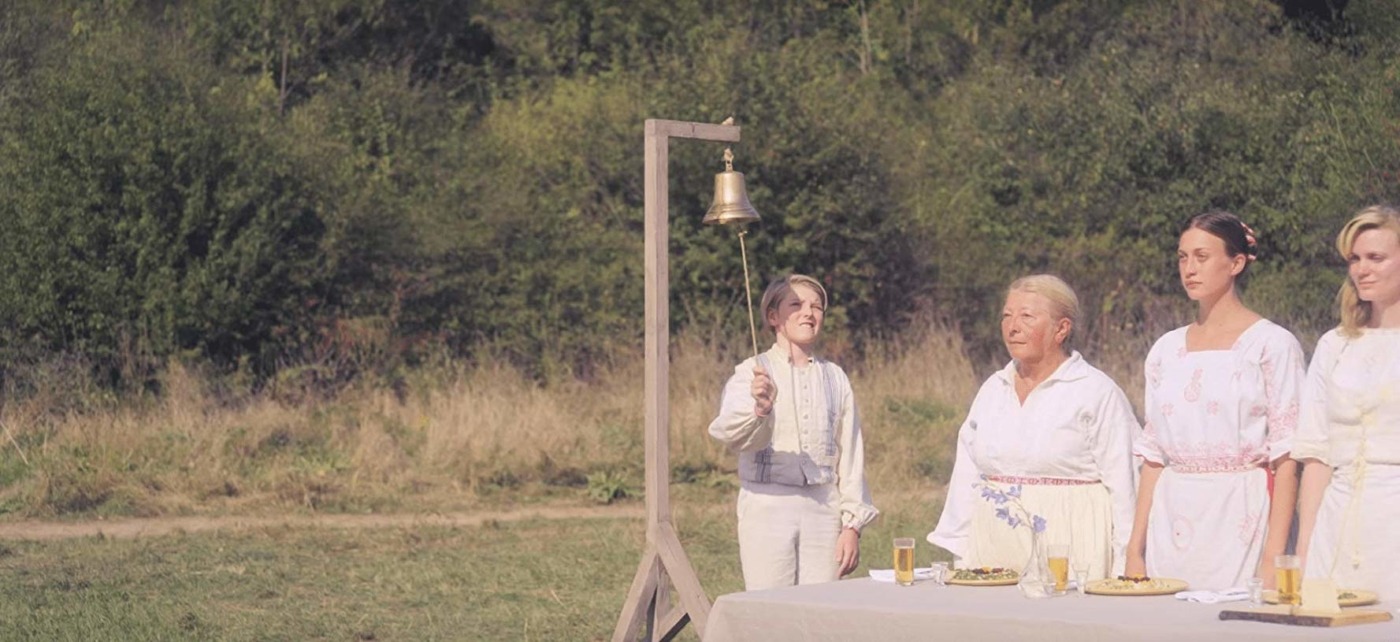Midsommar: Review
After Ari Aster’s smash horror hit Hereditary last year, all eyes were on what the director would do next. The answer, it transpires, is a folk horror film called Midsommar, which is attracting just as much critical acclaim. Some of it is earned, particularly that which praised the acting and the directing, but the film itself is such a bizarre and boring watch that it’s hard to recommend it.
If you do wind up watching Midsommar, I think it’s probably best if you go in knowing as little as you can. Here’s a small summary of the opening, which shouldn’t impact on your enjoyment. Dani (Florence Pugh) is a young American who undergoes a giant family tragedy, something that weighs heavily on her already-strained relationship with her distant boyfriend Christian (Jack Reynor). Christian is heading off to Sweden for a group trip with friends Josh (William Jackson Harper), Mark (Will Poulter) and Pelle (Vilhelm Blomgren), and when Dani learns about it, she is awkwardly invited along too. When they reach the commune for a midsummer festival that occurs once every ninety years, tensions in the group begin to rise.
The film itself is such a bizarre and boring watch that it’s hard to recommend it
I want to kick off with the positives. Florence Pugh is incredible in the lead role, with an emotionally powerful performance that screams grief and unease at her situation (in Swedish, dealing with her loss and struggling in a toxic relationship). As the film becomes increasingly weird, you need someone sympathetic and real to identify with, and Pugh sells the role. The supporting actors are also very strong, notably Reynor as Christian, but Aster is so clearly contemptuous of them that it’s hard not to feel disconnected.
It’s also the case that the film’s visuals feel impressive. From the first striking winter shots to the rolling of the credits, Midsommar is a carefully composed and visually striking movie – Aster and cinematographer Pawel Pogorzelski have created a world that, whilst frequently bizarre, is always beautiful to look at.
As the film becomes increasingly weird, you need someone sympathetic and real to identify with, and Pugh sells the role
But these things risk paling into insignificance when compared to the film’s flaws (a little word of advice – whenever professional critics describe a horror film as a ‘masterpiece’, you know it’s going to be a flawed experience). We’re told that the midsummer festival lasts nine days, and the film feels as though it lasts all nine of those days. It’s an incredibly slow movie, and very little actually happens.
There are a lot of things in Midsommar that feel as though they should be unsettling, but that’s a long way from actually being unsettling. You get the feeling that many of these elements are meant to contribute to an atmosphere, but they’re frequently so weird that it’s hard to be frightened. Staring, silent Swedish people, strange murals and hair in pies are all weird (although they do at least make sense in this universe), but they’re not particularly scary. By the time we reached the weirdest sex scene you’ll ever witness in a film, the audience in my screening were laughing at the sheer absurdity of it all.
Midsommar is two and a half hours of weirdness, punctuated by moments of horror
Reviews have compared the film to The Wicker Man, and that is an incredibly apt pairing – The Wicker Man is an hour and a half of weirdness, and all anyone remembers is the ending. Midsommar is two and a half hours of weirdness, punctuated by moments of horror. Tellingly, the most effective and interesting sequence comes before the film’s title card, before we even reach Sweden – from then on, everything is just tedious, with a rare horror moment (typically containing quite extreme gore) so you don’t lapse into a coma.
Midsommar is going to be a marmite film – those who love it will really love it, but I can’t see a general audience being anything other than confused and bored. It’s so different that it’s almost inaccessible, and the wonderful Pugh is about the only footing that may make the experience bearable.

Comments (2)